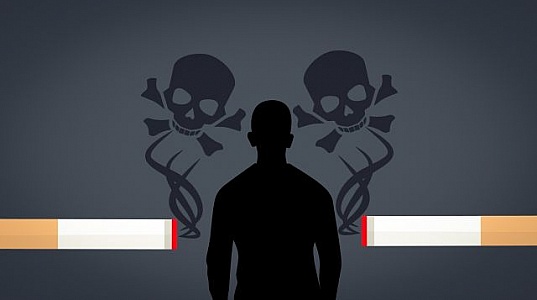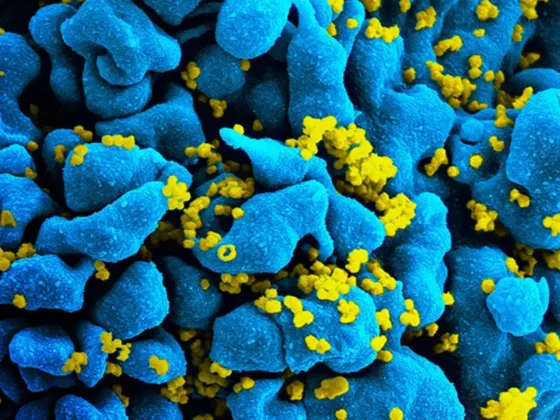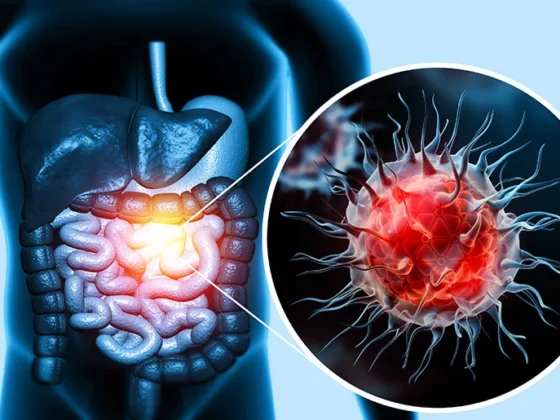In today’s health-conscious world, there’s a sneaky threat that often goes unnoticed – passive smoking, also known as secondhand smoke. It’s not just about the person actively smoking; the consequences extend to those nearby, quietly impacting their health.
Passive smoking happens when non-smokers breathe in the smoke from others or the smoke released when tobacco is burned. This leads to a range of issues, from immediate breathing problems to serious, long-term health issues.
Breathing in secondhand smoke can immediately cause trouble with your lungs. Non-smokers exposed to it have a higher risk of asthma, bronchitis, and other respiratory problems. The harmful chemicals in the smoke irritate and inflame your airways, posing a real threat to your lung health.
Heart disease is another big worry linked to passive smoking. Research shows that being around secondhand smoke increases your risk of heart problems. The harmful substances in the smoke make blood vessels narrower, raising the chances of heart attacks and other heart-related issues.
One of the most concerning findings from studies is the connection between passive smoking and lung cancer. Non-smokers exposed to secondhand smoke face a higher risk of developing lung cancer, highlighting how widespread this health threat is.
Apart from the more well-known issues, passive smoking also quietly affects your dental health. The chemicals in tobacco smoke contribute to gum disease, tooth decay, and persistent bad breath – a triple threat to your dental well-being.
The danger extends to your brain too. Studies suggest a higher risk of strokes among non-smokers exposed to secondhand smoke. Mental health is also a concern, with emerging research hinting at a potential link between passive smoking and cognitive decline.
Children, being more vulnerable, face a range of health problems due to passive smoking. Exposure during childhood increases the risk of sudden infant death syndrome (SIDS), respiratory infections, and developmental issues.
To tackle this pervasive threat, awareness is our best defense. Understanding how passive smoking can affect you, your family, and your community is crucial. Creating a healthier society requires not only personal choices but also working together to reduce the impact of secondhand smoke on our well-being.
As health experts uncover more about the consequences of passive smoking, it’s crucial for society to face this hidden danger. Creating environments free from smoke becomes essential for everyone’s well-being. Let’s work together to reveal and eliminate this hidden danger, paving the way for a healthier, smoke-free future.










